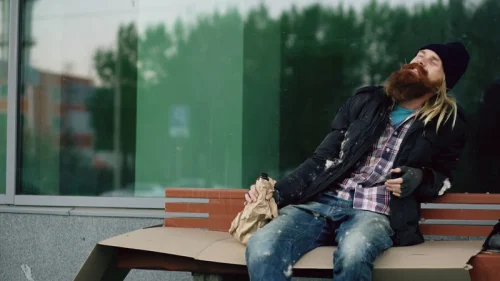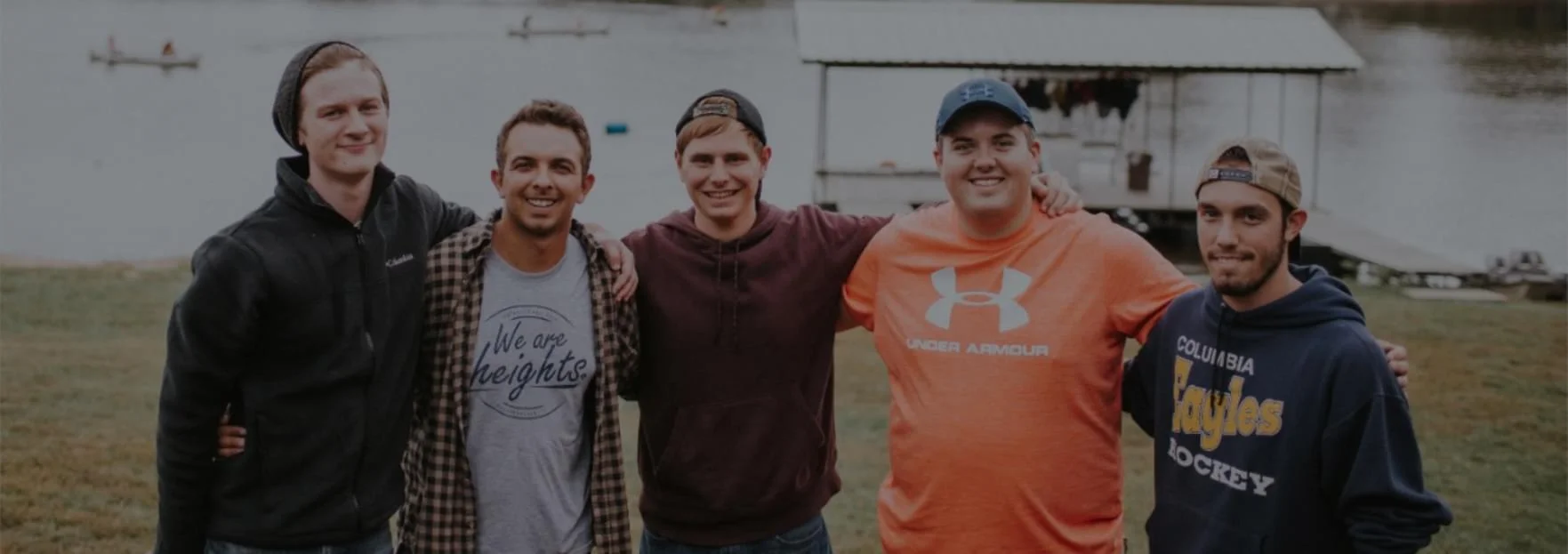
Saying “no” can be hard, but it’s necessary to set healthy boundaries in relationships. If someone persistently pressures you to do something, you can try telling them how it affects you. You deserve to surround yourself with supportive people who respect your decisions—not people who pressure you into doing something that doesn’t feel right. When you’re faced with a choice, ask yourself what your reasons are for doing something. If it’s because all of your friends are doing it and you’re afraid they won’t talk to you if you don’t join them, then you may want to reconsider.
- Students can learn that they are in control and that they have the power to resist.
- Having good friends who love and support you for who you are is really important to your happiness.
- Encouraging your teen to hang out with peers who are involved in their communities, sports, and academics, may influence your teen to embody those same behaviors.
- Teens with mental health problems or low self-esteem may also be extra vulnerable to peer pressure.
- Celebrate their achievements and praise them when they make good choices.
How to Stage an Intervention for Your Teen
Giving in to pressure from your friends to do something you normally wouldn’t do can leave you feeling guilty, regretful, ashamed, embarrassed or even frightened. Find out what peer pressure is and how to handle it, including what to do if things get serious. Being able to control impulses and reactions to different situations is an important skill. This activity asks students to stop and think before they act. If you’re going through bullying, or wondering what to do if it happens, don’t worry. Content creator Lee Hinchcliffe has been talking to our friendly teacher Chloe about the things he went through at school, as well as asking your questions to find out the best way to approach things.
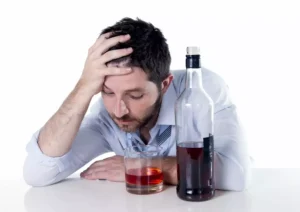
Top tips for supporting your students
It also teaches them to stand up for what they believe in, to say no when necessary, and in the process, form a strong character and personality. As parents, we must be mindful of the impact of peer pressure on ourselves as our children will be observing and take notice. Teens who volunteer in their community can keep each other motivated to participate. This involvement can lead to exposure to role models and eventually lead to the teens becoming positive role models themselves.
How to Tell if Your Teen is Using Drugs
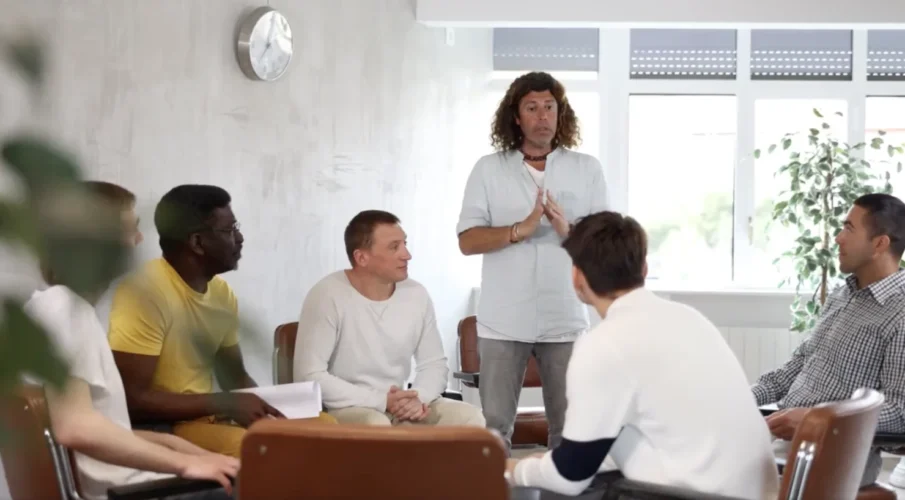
In addition, prolonged exposure to this type of stress and tension may be a factor in mental health concerns such as anxiety and depression. Peer pressure can lead a person to engage in sexual activity before they are ready. It may also influence how to deal with peer pressure the person to participate in unsafe, risky, or dangerous sexual activities. The consequences may include being exposed to a sexually transmitted infection (STI), developing pregnancy, or having images of yourself posted online without consent.
Sleep deprivation
Peer pressure is any type of influence, positive or negative, that comes from a peer group. This peer group may be of similar age (e.g., children in the same classroom) but it can also be defined by other commonalities, including motherhood, professional affiliations, and your local neighborhood. Positive social connections are also an important part of mental wellness. It can be easy for homework and school activities to take over a schedule, so it can be important to make time for family and friends. Peer pressure more often than not has negative effects, but if we teach our children to learn to take this positively, and as an opportunity to strengthen their character, the journey will become easier. Knowing what matters most to you is the first step in handling peer pressure.
- When you have a clear understanding of what’s important, it becomes easier to make choices that align with your values.
- Zalamar says this one may work best when invited to places where kids know they aren’t allowed to go or don’t have permission.
- ReachOut works with parents across Australia to develop content that helps them to support their young person.
- Some of these could include drug use, alcohol, or unprotected sex.
- When it comes to pressures around alcohol and other drug use, something else to think about is that most students overestimate how many of their peers drink or use drugs.
- Discipline your child, but also know it’s a good opportunity to teach your child about choices and having the courage to say no.
- If you have questions or concerns about your child’s mood, self-esteem or behavior, consider a consultation with a trained and qualified mental health professional.
- Self-regulation involves the ability to control thoughts, emotions, and behaviors in order to manage current behavior and achieve long-term goals.
- It might also help the child who suggested the idea to think twice and consider that they, too, may face consequences.
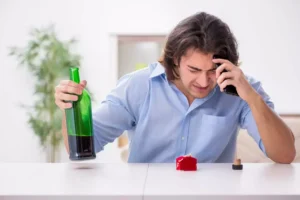
Chronic versus acute stress
